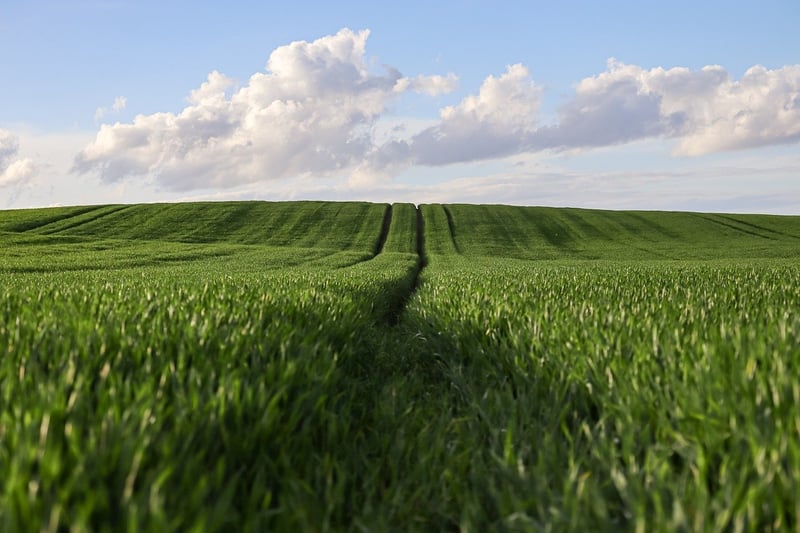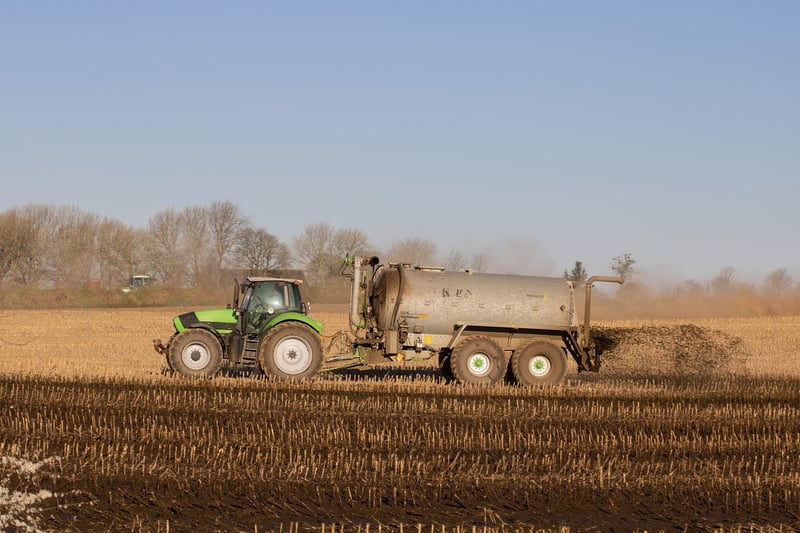Fertilizing Advice
Keep Your Garden Healthy: Fertilizing Advice
Having a healthy garden not only enhances the beauty of your outdoor space but also promotes the growth of vibrant, thriving plants. One essential aspect of garden care is proper fertilization. Fertilizing your garden provides essential nutrients to the soil, ensuring robust plant growth and beautiful blooms. Here are some key tips to help you fertilize your garden effectively:
1. Know Your Soil
Before fertilizing your garden, it's crucial to understand the composition of your soil. Conduct a soil test to determine its pH level and nutrient deficiencies. This information will guide you in selecting the right type of fertilizer for your plants.
2. Choose the Right Fertilizer
There are various types of fertilizers available, including organic and synthetic options. Organic fertilizers are derived from natural sources and release nutrients slowly, improving soil structure over time. Synthetic fertilizers, on the other hand, deliver nutrients quickly and are suitable for addressing immediate deficiencies.
3. Follow the Instructions
When applying fertilizer, always follow the instructions provided on the product packaging. Over-fertilizing can harm your plants, so it's essential to use the correct amount. Additionally, avoid applying fertilizer directly to plant leaves to prevent burning.
4. Timing Is Key
Timing plays a crucial role in fertilizing your garden. Most plants benefit from fertilization in the early spring as they start actively growing. However, some plants may require additional feedings throughout the growing season. Be sure to research the specific needs of your plants.
5. Consider Slow-Release Fertilizers
Slow-release fertilizers are a convenient option for busy gardeners. These fertilizers provide a steady supply of nutrients to plants over an extended period, reducing the need for frequent applications. Consider incorporating slow-release fertilizers into your garden maintenance routine.
6. Monitor Plant Response
After fertilizing your garden, monitor how your plants respond to the treatment. Healthy plants will exhibit vigorous growth, vibrant foliage, and abundant blooms. If you notice any signs of nutrient deficiencies or excess, adjust your fertilization routine accordingly.
By following these fertilizing tips, you can promote a healthy and lush garden that will be the envy of your neighborhood. Remember that proper fertilization is key to supporting the growth and vitality of your plants, ensuring a thriving garden for years to come.

For more gardening tips and advice, check out our Gardening Website.
